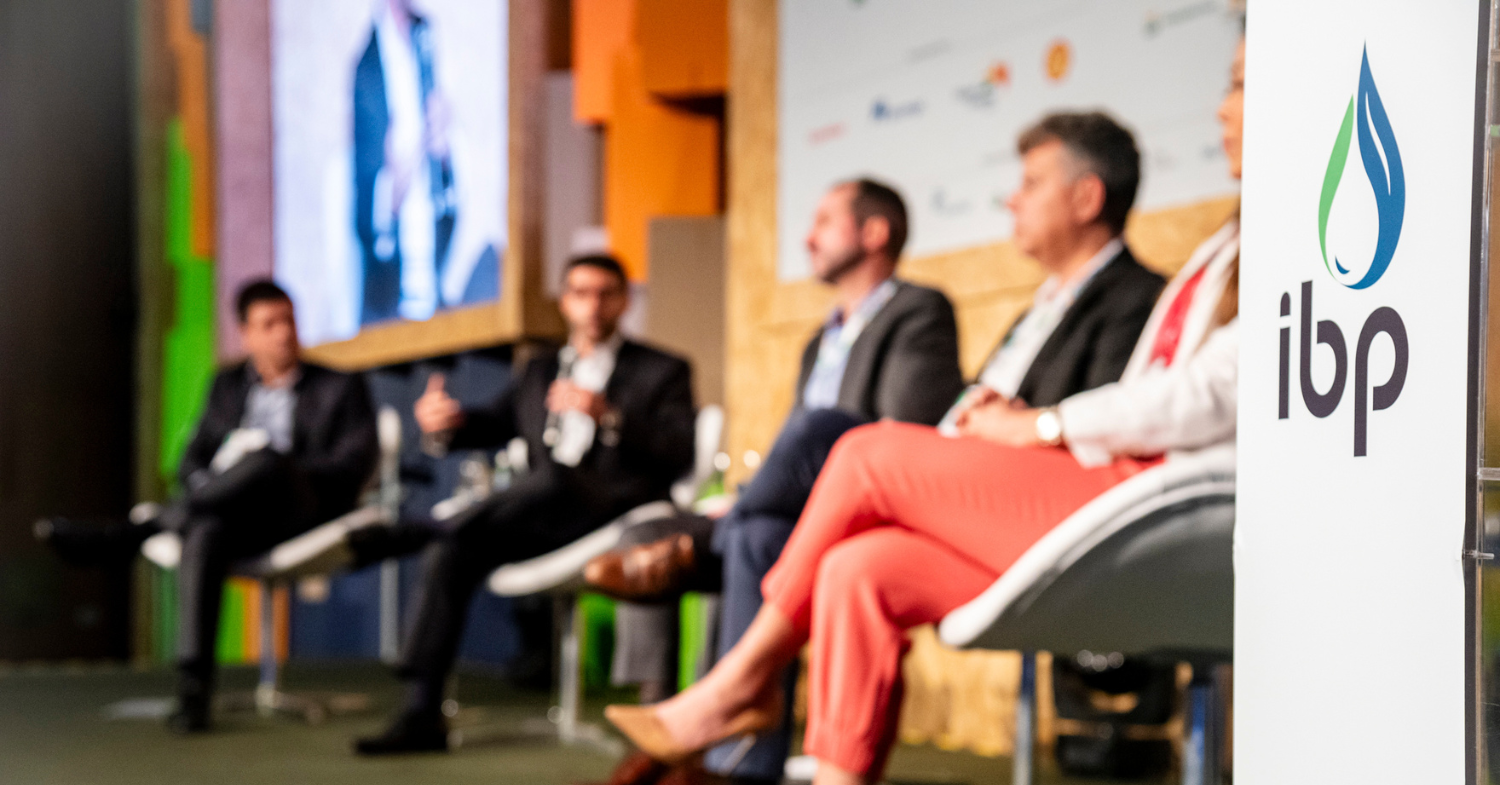Brazil needs to regulate its carbon market to move forward in international competition

A bill on the topic is currently being discussed in the Senate; regulated carbon markets already bring in revenues of US$ 75 billion a year globally, according to Catavento consultancy firm
An important boost for companies to promote decarbonization initiatives and achieve the country’s emission reduction targets is the carbon market, which in Brazil is not yet regulated.
For Maria Izabel Ramos, Carbon Market Manager at Petrobras, it is crucial to speed up the regulation of the carbon market by the parliament, with a bill currently being discussed in the Senate. “There is a small parliamentary window, due to the 2024 municipal elections, for the bill to be voted on in the Senate,” she said during the panel “Risks and Opportunities of the Regulated Carbon Market in Brazil”, on Tuesday (28) at ESG Energia & Negócios, organized by the Brazilian Institute of Oil and Gas (IBP).
Tamara Fain, partner at Catavento Consultoria, points out that countries with clear and defined legislation already generate around US$ 75 billion annually from their emissions trading systems, which are managed by regulatory bodies and company transactions. It is even more urgent for Brazil to regulate this market, according to Fain, since the European Union plans to tax products from other countries based on the parameters of its carbon market, which will affect the cost of Brazilian goods and services.
Marina Westrupp Alacon Rayis, Sustainability Coordinator at Grupo Ultra, and Jeronimo Roveda, Director of Aliança Brasil NBS, agree that the lack of regulation creates legal uncertainty. They argue that passing on carbon costs to the end consumer, using a similar method to Uruguay, should not be implemented in Brazil.
Insurance and climate change
The insurance market is changing to meet the new demands and needs of the ESG agenda. This scenario was shown in the morning panel on the second day of ESG Energy and Business.
The Undersecretary for Long-Term Planning at the Ministry of Planning and the protection of assets. “Knowing the scenario we are facing and how we will repair the country, states and companies is vital and a joint work.”
Fernando Prado, CCO of Galcorr Seguros, emphasized that insurance pricing and the need to address the ESG agenda are changing due to climate events. Prado pointed out that many insurers refuse to serve companies that don’t adopt ESG practices. “Today, ESG is no longer an add-on in market operations. If you don’t have an ESG agenda, you won’t be insured”.
Mature Fields and ESG
Production in mature fields remains strategic for the Brazilian oil and gas sector and plays an important role in regional development. According to Telmo Ghiorzi, executive president of Abespetro, one of the industry’s major challenges is to make these assets productive. “We have 600,000 direct and indirect jobs in the production chain as a whole. Those are strongly affected by mature and strategic fields for suppliers,” he said during the panel on revitalizing mature fields.
Petrobras showed that the Campos Basin is still a very valuable asset in its portfolio and that it expects investments of US$ 22 billion and 135 new wells, according to its Strategic Plan. The company’s General Manager for Deepwater Project Design, Denis Krambeck Dinelli, confirmed the strategy. “In the last 3.5 years, we have put 47 new wells into operation in the Campos Basin. We will produce around 200,000 barrels/day by 2023.”
The president of IBP, Roberto Ardenghy, highlighted, at the closing session of the event, the generation of knowledge during the debates and the challenges and responsibilities the sector faces on its ESG journey – on topics such as carbon markets, emissions mitigation and fair and inclusive energy transition.
The 2nd Edition of ESG Energy and Business reinforced the success of the last edition, with more than 900 participants from 14 Brazilian states during the two days of debates. The event brought together a mostly female audience, accounting for 61% of the total, and participants largely in the 31 to 50 age group, with around 60% of these professionals holding management positions in the industry. Overall, there were more than 30 hours of content, with full rooms and audience engagement in the debates.
Organized by the Brazilian Oil and Gas Institute (IBP), ESG Energy and Business is sponsored by Petrobras, Equinor, ExxonMobil, Ipiranga, RepsolSinopec, Shell, Transpetro, Karoon Energy, Naturgy, OceanPact, Ocyan, SLB One Subsea, Shape and Subsea7.